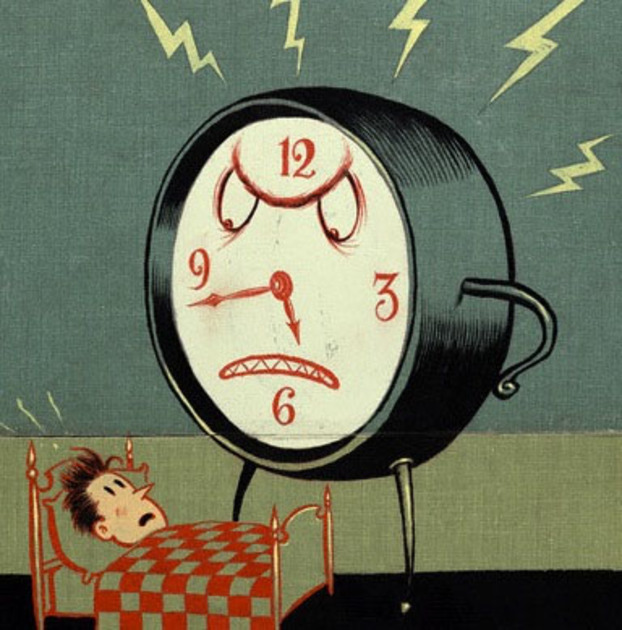
When I was growing up, we used to play a game called “Don’t wake Daddy.” On Friday nights, my father would fall asleep on the couch, and my siblings and I would try to see how close we could get to him before he stirred. Tiptoeing as quietly as we could, we would usually make it to within a few inches of our sleeping giant before a nose-scratch would send five squealing kids running out of sight.
It was fun (at least for us)!
On the morning side of the equation, I was usually the one in bed while various parents and siblings valiantly tried to wake me. Of course, I developed a reliance on being woken up by someone else, and I also nursed a grudge against those who dared wake me from my slumber. I even pretended to be asleep at times so the evil waker-uppers would leave me be. Never mind being late - I had some oppositionalism to attend to.
Eventually I stepped out of this unhealthy dynamic, but it took some time - and the wisdom and loving limits of a waker-upper who courageously stopped waking me up.
That's what it takes to encourage our loved ones to be autonomous, to do things for themselves in their own very capable way: it takes wisdom, loving limits, and courage. It takes wisdom to see the effects of potentially enabling behavior. It takes limits, drawn with love, to gently fan the flame of personal responsibility and motivation that we want to see in our loved ones. And it takes courage to set and hold those limits under the fire of sometimes angry reactions from the very person we are trying to help.
When I think about this idea, I remember the fifty year old woman who spends thirty minutes every morning waking her husband up for work, the college student whose father picks his socks and underwear off the floor, and the well-meaning businesswoman who continuously pays off her friend’s gambling debts.
I also remember the parents who allow their children who have chosen not to work feel the financial consequences of their decision, I remember witnessing the pain of a young parent telling a spouse that if they keep using drugs they will need to leave the house, and I remember the kindness of the person who finally told me “I’m not going to wake you up anymore.”
(photo source)
Shimmy Feintuch, LCSW CASAC-G maintains a private practice in Brooklyn, NY, and Washington Heights, NYC, with specialties in addictions and anxiety. He is also an Adjunct Professor at the Wurzweiler School of Social Work at Yeshiva University. Contact: (530) 334-6882 or shimmyfeintuch@gmail.com.
Sign up for the Spiritual Sofa newsletter to receive each blog post before it's posted here!
 Previous
Previous

